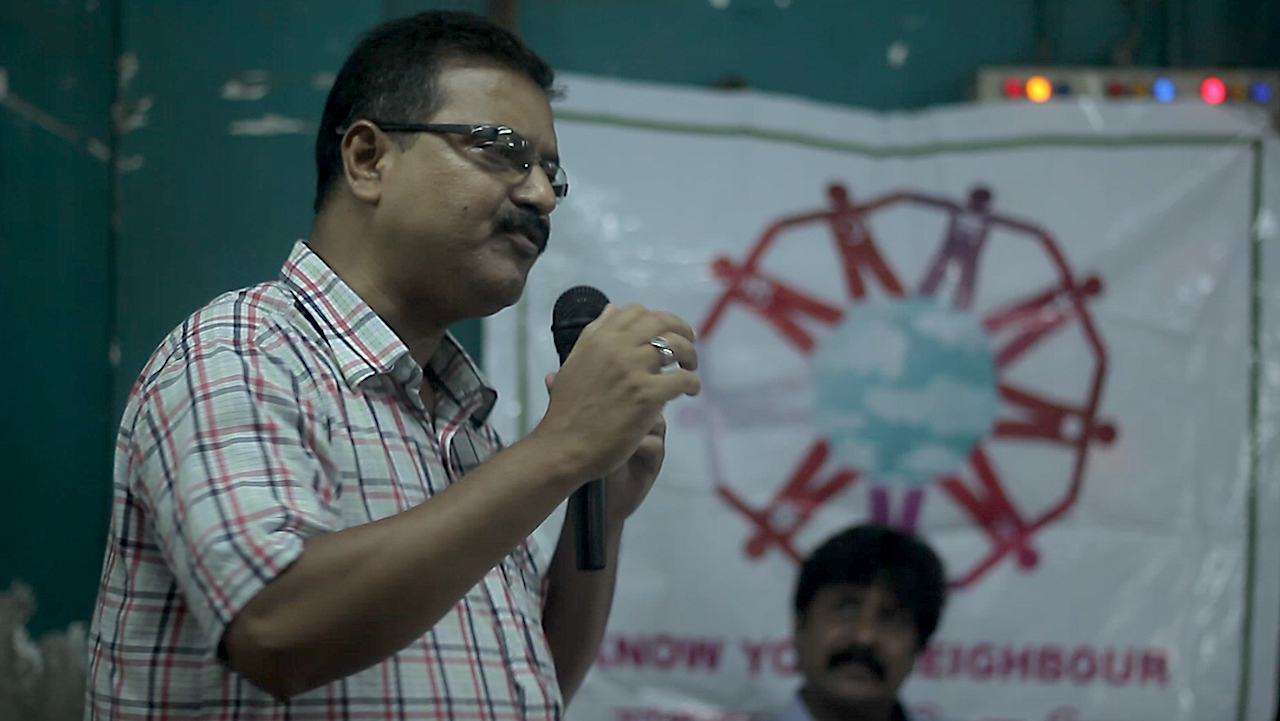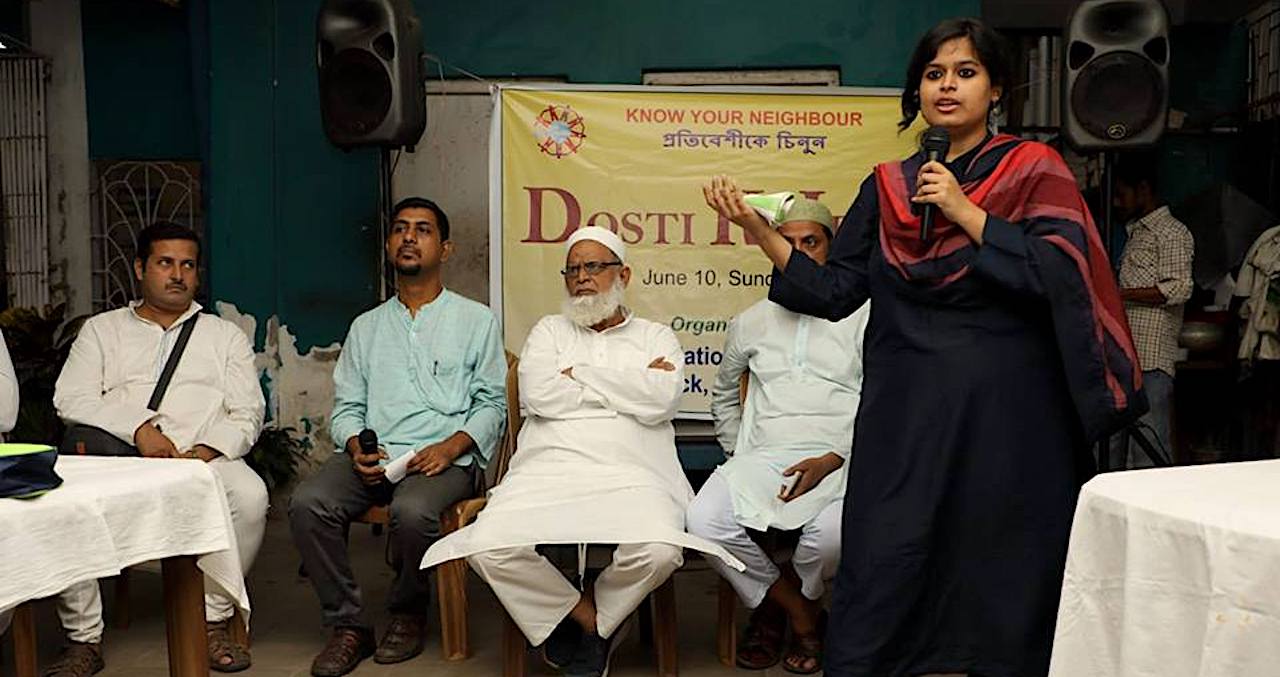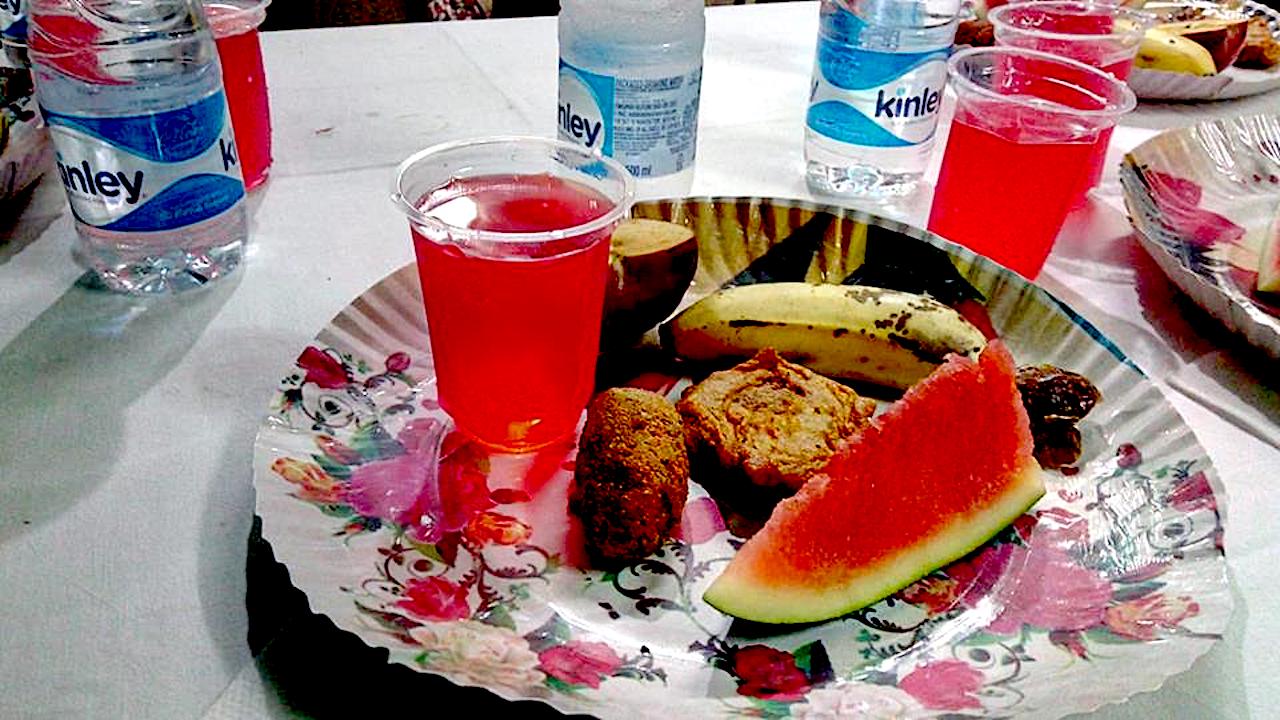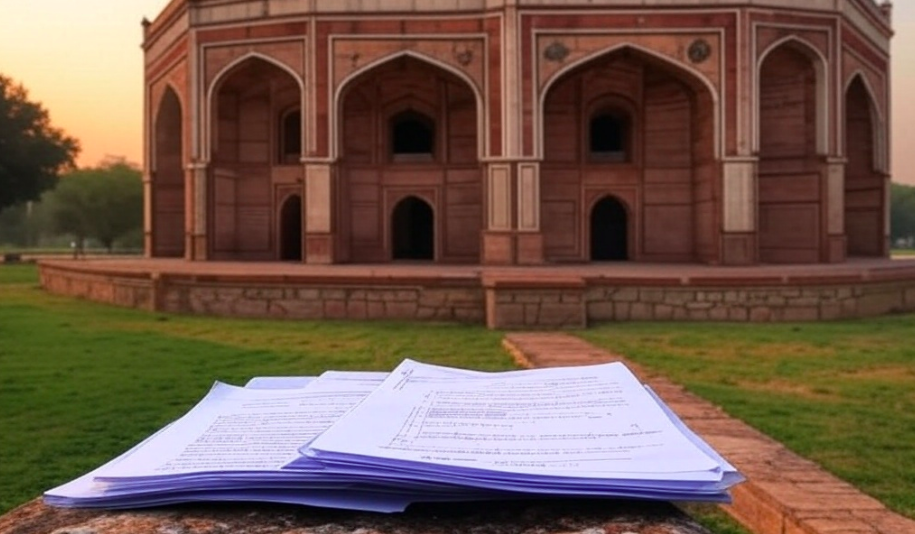BeyondHeadlines News Desk
Kolkata: Residents of Mominpur locality of Kolkata hosted a special ‘Dosti Ki Iftari’ on 10 June 2018, Sunday, where most of the guests were non-Muslims from the city.
Guests from different parts of the city and suburbs included journalists, social activists, writers, students, teachers, and professors as well as common people from different walks of life.
Popular Radio Jockey and writer Deepanjan Ghosh, who attended the iftar, later wrote on his Facebook, “Our two communities, Hindus and Muslims, have been living together separately. We do not go to each other’s neighbourhoods, we do not bother to find out about each other’s customs, and in this atmosphere of ignorance, hatred is spawned by the few who chose to profit from it.”
He added, “In the holy month of Ramzan, Muslims fast from dawn to dusk. That fast is broken at sunset with a meal known as Iftar. But of course, in India, we do not eat alone. Thus the tradition of Iftar parties, where members of different faiths break bread together. ‘Dosti Ki Iftari’ attempts to bring together Hindus and Muslims over food and a frank and free-wheeling discussion, to encourage bonding and fraternising across religious boundaries.”

Political activist Suman Sengupto, who is part of the KYN, had brought his young daughter to the program. He wrote on Twitter: “Today I took my daughter for ‘Dosti Ki Iftaari’ at Mominpur, Kolkata so that she learns what is #IFtaar4All, What is #Ramjan.”
He added that his intention was to make his daughter mix and befriend with Muslim young kids from the young age so communal hatred and bigotry does not percolate. He feels that such small steps are important if we truly want to prevent another Junaid like incident, who was killed by fellow train passengers last year few days before Eid in Haryana after an argument.
Heba Ahmed, a resident of Kolkata, who is currently doing PhD at JNU spoke on the importance of such an initiative in these communally charged times when the President of India refuses to hold iftar because it is associated with one particular region but no one questions when the whole President’s House is lit on the occasion of Diwali.

She said, “Iftar gathering are of two kinds. The first kind is the kind of iftar party thrown by political parties, such as Sonia Gandhi’s famous iftar parties. A lot of money is spent in organizing these; high-ranking people are invited, elite Muslims make it to the guest list. But these parties, apart from cultivating vote banks, are useless for ordinary people. The second kind of iftar party is the one organized by common people including Muslims, such as this ‘Dosti Ki iftari’ gathering here today. These gatherings help spread a fundamental message to the community: Muslims are peace-loving political, Muslims are just like any other Indian, Muslims are not the religious fundamentalists that an Islamophobic media and an anti-Muslim state makes people believe. At iftar parties such as these, Muslims break bread along with others, even after an entire day of hunger and thirst. This is important and valuable.”
A young law student from Mominpur Nayab Ashraf tired to clear the general misconceptions about Ramazan that non-Muslims have.
This was the third annual ‘Dosti Ki Iftari’ of the popular ‘Know Your Neighbour’ campaign run by Association SNAP that collaborates with local individuals and groups for organizing its events. Last year it was held at Kidderpore and the year before that at Nakhoda Masjid of Zakaria Street.
City-based NGO Right Track and AIMS and Kidderpore based Welcare Diagnostics were local collaborators of the programme this year.
In the welcome address, Md Ashraf Ali of Right Track reminded that although we live in the same city, there is big divided between the majority and minority community. “A lot of misconceptions and stereotypes exist and we need to challenge those,” he added.
KYN has become a popular campaign in Bengal in last few years where informal meetings are organized at community level between people of different faiths, with the intention of tackling religious prejudices and dismantling stereotypes.









